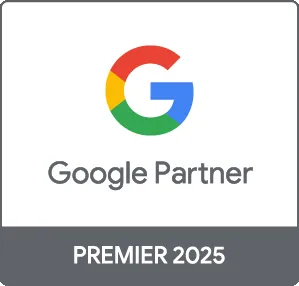Keyword optimization is a crucial aspect of running successful Google Ads campaigns. When done right, it can significantly enhance your ad visibility, click-through rates, and overall ROI. In this guide, we will explore effective strategies for optimizing your Google Ads keywords, ensuring that you reach your target audience effectively and efficiently.
Understanding the Importance of Keyword Optimization
In Google Ads, keywords play a pivotal role in connecting your ads with potential customers. A well-optimized keyword strategy increases the chances of your ads being shown to users who are actively searching for products or services you offer. Effective keyword optimization can lead to:
- Higher Click-Through Rates (CTR): Relevant keywords attract more clicks.
- Improved Quality Score: Google rewards well-optimized campaigns with lower costs and better ad positions.
- Increased Conversions: Targeting the right audience leads to higher conversion rates.
1. Conduct Comprehensive Keyword Research
The first step in keyword optimization is thorough research. Utilize tools like Google Keyword Planner, SEMrush, or Ahrefs to identify keywords relevant to your business. Focus on:
- Search Volume: Choose keywords with sufficient search volume to ensure visibility.
- Competition: Analyze the competition level to identify manageable keywords.
- Long-Tail Keywords: Incorporate long-tail keywords for more specific targeting and less competition.
2. Organize Keywords into Ad Groups
Once you have your keywords, the next step is to organize them into relevant ad groups. This improves ad relevance and helps produce optimal performance. Follow these tips:
- Group similar keywords together to ensure your ads align with user intent.
- Create dedicated landing pages for each ad group to enhance user experience.
3. Utilize Negative Keywords
Incorporating negative keywords prevents your ads from showing on irrelevant searches, saving budget and improving CTR. Regularly review and update your negative keywords to refine targeting and optimize performance.
4. Focus on Ad Copy Optimization
Your keyword optimization efforts should extend to ad copy. Ensure your ads include primary keywords in the headlines and descriptions to:
- Enhance relevancy which can improve Quality Score.
- Attract clicks by clearly conveying the offering and value proposition.
5. Monitor and Adjust Regularly
Continuous monitoring of keyword performance is essential for optimization. Utilize Google Ads reporting to:
- Identify high-performing keywords and allocate more budget accordingly.
- Pause or remove underperforming keywords to refine your strategy.
Conclusion
Google Ads keyword optimization is vital for achieving success in your advertising campaigns. By conducting thorough research, organizing keywords effectively, utilizing negative keywords, focusing on ad copy, and continuously monitoring performance, you can dramatically improve your campaign results. At Prebo Digital, we offer professional Google Ads management services to help you optimize your campaigns for maximum ROI. Ready to take your Google Ads campaigns to the next level? Contact us today!





